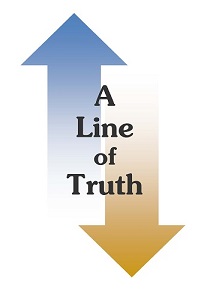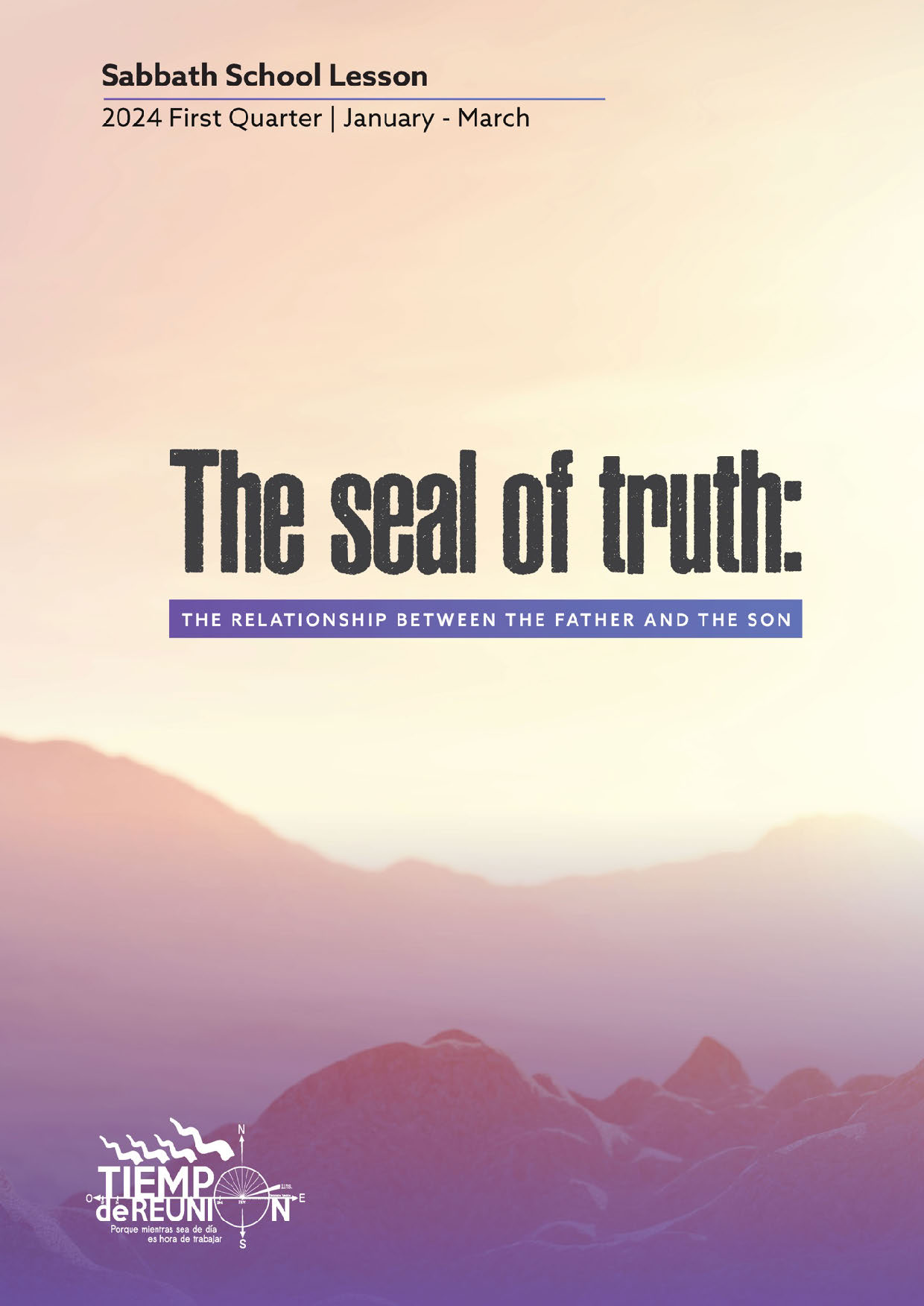How to teach righteousness: A little law here, and a little law there... ???
The title itself was chosen to rise eyebrows. Teaching righteousness? How should that work? Is righteousness not only by faith?
Well, yes and no. Depends on who is teaching.
And what does the law have to do with it?
I guess most of us have read these statements in Galatians: "But that no man is justified by the law in the sight of God, it is evident: for, The just shall live by faith" (Gal 3:11)
But, as you recall, I don't speak about being justified by faith or justified by righteousness, I am speaking about teaching righteousness. So I am not speaking abouth the "process" of being made righteous by the works of God through Jesus Christ, I am speaking about teaching or being taught righteousness.
Now how do we do this? Or how can we be taught? And who then is teaching us?
Well, if we read on in Galatians we can discover that there are three things mentioned:
a) A promise
b) which is fulfilled in Jesus
c) which comes not from the law.
Wherefore the author asks the legitimite question: if there is nothing outside of this promise which we could ever gain, then why was there a law? What purpose did it have? The simple answer is: it was added because of transgression. Vers 19 reads exactly: "Wherefore then serveth the law? It was added because of transgressions, till the seed should come to whom the promise was made; and it was ordained by angels in the hand of a mediator."
So the law was given as a restrictive for sin and this function had a time limit. It was added from a certain point until the seed should come. When that seed came the promise was fulfilled and therefore the restricting function of the law was no longer needed: "But the scripture hath concluded all under sin, that the promise by faith of Jesus Christ might be given to them that believe. But before faith came, we were kept under the law, shut up unto the faith which should afterwards be revealed." (Gal 3:22-23)
So being kept under the law meant that sin and its effects would be restricted by the law until the arrival of the promise of faith. But how? How did the law in any way restrict sin and its effects?
"Wherefore the law was our schoolmaster to bring us unto Christ, that we might be justified by faith." (Gal 3:24)
What does a schoolmaster do? Well, he teaches, right? So how did the law restrict sin and its effects? It taught us (humans) what righteousness is. And by this process it limited the effects of sin. How? And why?
Well, if we know and understand that stealing is a way of life which can hurt others and we allow God to work on our character, he can use this knowledge to change us that we steal less (or not at all). Well, at least he can change our behaviour, maybe not our nature, that we even don't ever think about stealing... . Look at you? I look at me and still can see a desire of posession of what others have (although a very faint one). So that wrong behaving nature is still under the hood. But I am well educated so I don't steal (that often :-).
Now, what law(s) were the schoolmaster during that time of "sin restriction by the law"? Let's look into the OT and find a surprising answer. Don't you expect these to be the laws given to Moses? I did... . But: after God had spoken the 10 Commandments we find the following reaction of the Israelites: "And they said unto Moses, Speak thou with us, and we will hear: but let not God speak with us, lest we die." (Ex. 20:19).
God wanted to make a covenant with the Israelites. And their reaction was: No, we don't even want to listen to those terms. Moses, can you arrange the covenant between God and us and only you speak to us?
Did they really reject the 10 Commandments? It looks so. Let's read on. After painfully being dictated the terms of the planned covenant Moses tells those to the Israelites. And they answer: "And he (Moses) took the book of the covenant, and read in the audience of the people: and they said, All that the LORD hath said will we do, and be obedient. And Moses took the blood, and sprinkled it on the people, and said, Behold the blood of the covenant, which the LORD hath made with you concerning all these words." (Ex 24:7-8)
Now the covenant was sealed. But the 10 Commandments were not a part of that covenant. Only those things we find in between, spoken by God to Moses and then spoken by him, were part of the OT covenant. The 10 Commandments did not belong to it. Surprised? Well, let's read on. For what purpose then served the 10 Commandments?
"And the LORD said unto Moses, Come up to me into the mount, and be there: and I will give thee tables of stone, and a law, and commandments which I have written; that thou mayest teach them." (Ex 24:12)
So, what was the schoolmaster of the old covenant? Those 10 Commandments written on two tablets of stone. And their only purpose was to function as a restrictor of sin and its effects BY being our (their) teacher. And this function the in stone written law had lost at that time the promise was fulfilled in Jesus Christ. So what about now?
"But after that faith is come, we are no longer under a schoolmaster. (...) But when the fulness of the time was come, God sent forth his Son, made of a woman, made under the law, To redeem them that were under the law, that we might receive the adoption of sons. And because ye are sons, God hath sent forth the Spirit of his Son into your hearts, crying, Abba, Father. Wherefore thou art no more a servant, but a son; and if a son, then an heir of God through Christ." (Gal 3:25; 4:4-7)
What is the difference between a servant and a son? A servant is one who is told the rules by an outside law. A son has received the nature of his Father (the Spirit of his Son) by inheritance and therefore shows the acts of a different nature. The law is followed by being in accord to the new nature given to us by faith.
"For this is the covenant that I will make with the house of Israel after those days, saith the Lord; I will put my laws into their mind, and write them in their hearts: and I will be to them a God, and they shall be to me a people: and they shall not teach every man his neighbour, and every man his brother, saying, Know the Lord: for all shall know me, from the least to the greatest." (Hebr 8:10-11). The teaching part is now done by God personally... .
So why did the limiting function on sin by the law and its teaching capacities end with Jesus Christ? Because from that time on this function wasn't needed any more. By Christ we can receive a new nature which does not need to be restricted in its capacity to sin - because it simply does not have that capacity.
And what function did the law keep after it lost its function of limiting sin? Yes, it still makes us known what is righteous and what is not. The law is still the means of God to teach us. But he himself now does it. Because even if we receive the new nature, we still have customs and behaviours well trained which are not in accordance to the character of God. And those have to leave also: "What shall we say then? Is the law sin? God forbid. Nay, I had not known sin, but by the law: for I had not known lust, except the law had said, Thou shalt not covet." Rom 7:7
That would be "growing in Christ"... right?





